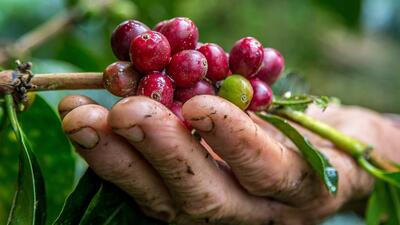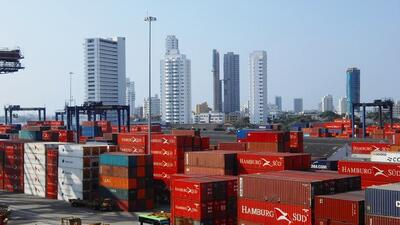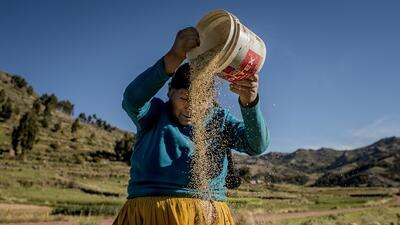Business owners in Colombia identify non-tariff obstacles to trade
(Bogotá-Geneva) – A new study has revealed that over two-thirds of Colombian businesses find that procedural requirements related to non-tariff measures are greater obstacles to trade than the regulations themselves.
Last week, ITC, together with its partners the Chamber of Commerce of Bogotá, the Colombian Ministry of Commerce, Industry and Tourism, the Latin American Development Bank (CAF), the University of Rosario and UKAid, presented the results of a survey of hundreds of Colombian exporters and importers in Bogotá. The forum, ‘Challenges posed by non-tariff measures (NTMs) and trade barriers in Colombia’, was organized with a view to promoting joint action among the public and private sectors, together with academia, to find solutions to the problems identified.
The results of the study revealed that more than 65% of Colombian exporters and importers find NTM-related procedures to be a greater obstacle than the regulations themselves. An additional 10% found both the procedures and the regulations themselves to be obstacles to trading. Among the challenges highlighted by business owners were inadequate storage facilities for products during customs procedures, delays in quality testing, complications with certification and a lack of access to information regarding regulations.
‘This type of strategic analysis is of great importance to Colombian businessmen as it will contribute to the ongoing improvements in Colombia’s existing foreign trade policies and procedures, and promote regional integration processes in Latin America’, explained Mónica de Greiff, President of the Bogotá Chamber of Commerce.
‘We live in a world where the average tariff rate applied in world trade is approximately 5% and costs related to customs procedures are around 10%. The non-tariff measures are the real barriers that we don’t see but we feel since they account for roughly 20%-30% of international trade costs’, said ITC Executive Director Arancha González.
The business survey allowed for distinguishing between obstacles to trade arising from the letter of strict regulations, and those arising from regulation-related procedures that effectively impede importing and exporting. The bulk of the procedural obstacles Colombian firms identified occurred in Colombia itself – irrespective of whether the underlying regulation was applied by Colombia or a trading partner – and would thus need to be addressed by institutions within the country.
The report summarizing the survey results explains how the companies most affected (by NTMs) were identified; it also points to the different problems that confront importers as opposed to exporters.
For importers, the survey established three main NTMs applied by Colombia – pre-shipment inspections, conformity assessments and technical requirements– that create procedural problems.
For the seven out of ten exporters that reported facing challenges arising from trading partners’ regulations such as rules of origin and conformity assessment requirements, it was also Colombia’s own procedures that were often at fault. In 68% of cases, they said procedural inefficiencies in Colombia, such as long and costly procedures for issuing certificates of origin, or rigorous export inspections, made the regulations hard to comply with. Only in the remaining 32% were the trading partners’ actual regulations or procedural issues seen as the obstacle to commerce.
Two-thirds of the domestically rooted procedural problems reported by Colombian exporters and importers involved procedures required by the Anti-Narcotics Police and the Colombian Tax and Customs Authority (DIAN). These included cases of arbitrary interference by officials, instances where checks affected the quality of the goods, and technological failures of clearance systems.
Faced with many non-tariff measures in strategic target markets, Colombian exporters have to contend with the peculiarities of regulations, which vary from country to country. Common examples cited were Ecuador’s complicated process for product quality certification and the Bolivarian Republic of Venezuela’s foreign exchange restrictions.
Trade relations with fellow members of the Pacific Alliance trade bloc, which also comprises Chile, Mexico and Peru, are strongly impacted by non-tariff measures related to strict testing and certification requirements, labelling requirements, and inspection regimes, to name a few.
The United States and the European Union, for their part, have more stringent product quality requirements, which cause delays in establishing compliance.
The survey was conducted by contacting 731 persons via telephone, visiting 143 importers and exporters and documenting 1456 cases in order to understand how Colombian entrepreneurs view the impact of non-tariff measures on foreign trade transactions.









